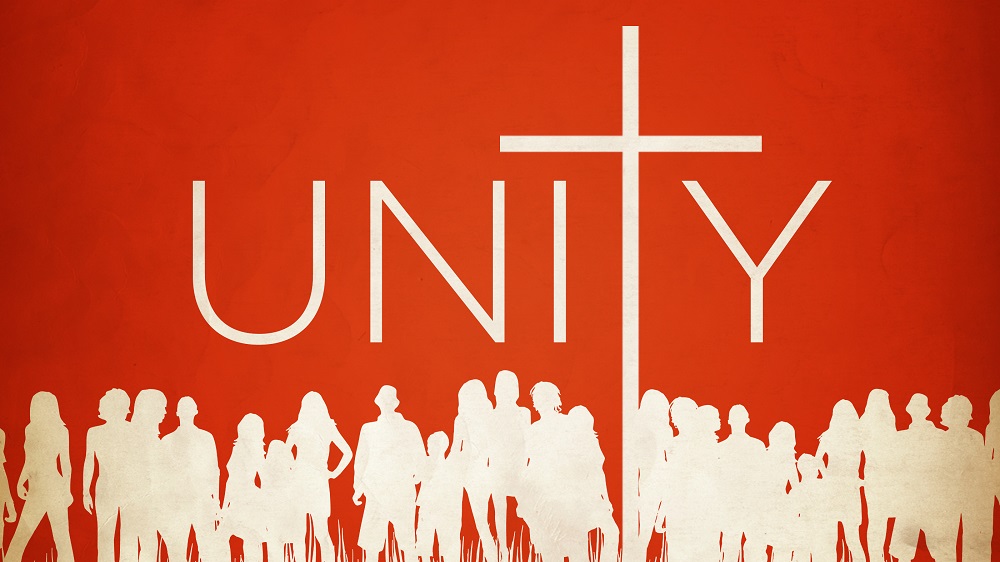Each year the Catholic Church celebrates the Octave for Christian Unity. Pope John Paul II and Benedict XVI have devoted many efforts to ecumenism in general, and in particular to the unity of churches who believe that God exists between different persons: Father, Son and Holy Spirit. They also believe that the Son assumed human nature about two thousand years ago by intervening in the humanity history as Jesus Christ.
It would be a mistake to think that such unity can be achieved through a religious syncretism which takes things from all of them, or as a kind of give-and-take where one another yield in important doctrinal issues. In my opinion, this is about we try to be faithful to the gospel message and seek with humility the identification with Christ, where we can be part of one flock with one shepherd.
On the occasion of this octave, the daily newspaper “The Vanguard” interviewed Brother Roger, Prior of Taize (a religious community of ecumenical character) many years ago. He was asked about the unity of different Christian confessions and he responded that it was good to pray for this intention, but we could do something else: “start to live the unity between Catholics”. I believe such words are still part of the present.
Lately opinion groups of believers, theologians and priests, with very persistent characters, which frequently oppose to decisions of the hierarchy or to specific points of church teaching have begun to proliferate within the Church. We have a recent sample in the position of various Catalans religious about the new abortion law promoted by the government. Some of these religious are highly relevant and we have already been given extensive information in the Forum Libertas.
It is true that bishops also disagree sometimes, but this usually happens in debatable issues. Essentially, they have always shown great unity with the Pope in matters of faith and ethics. I do not think that Jesus Christ’s divinity, women’s ordination, church’s democratization, homosexual relations or abortion acceptance in some cases are matters of opinion. I do not think that these discrepancies are good for ecumenism and for the desired unity.
If we are believers seize the Octave for prayer for Christian unity and also for catholic unity. We must try to be very faithful to the Pope’s teachings, whoever he is, and the bishops in communion with him.
Federico Gómez Pardo
Independent Forum of Opinion





